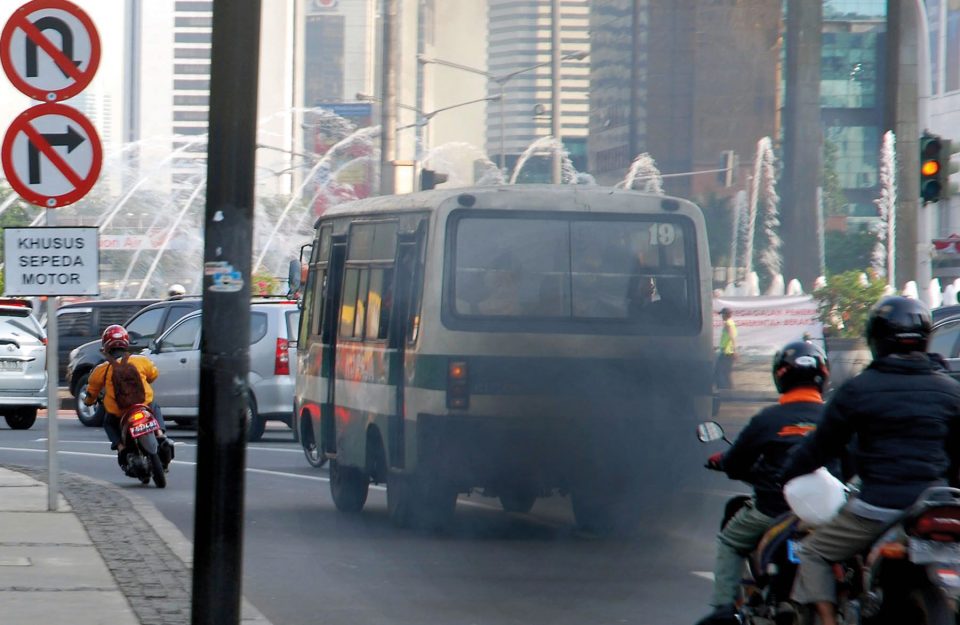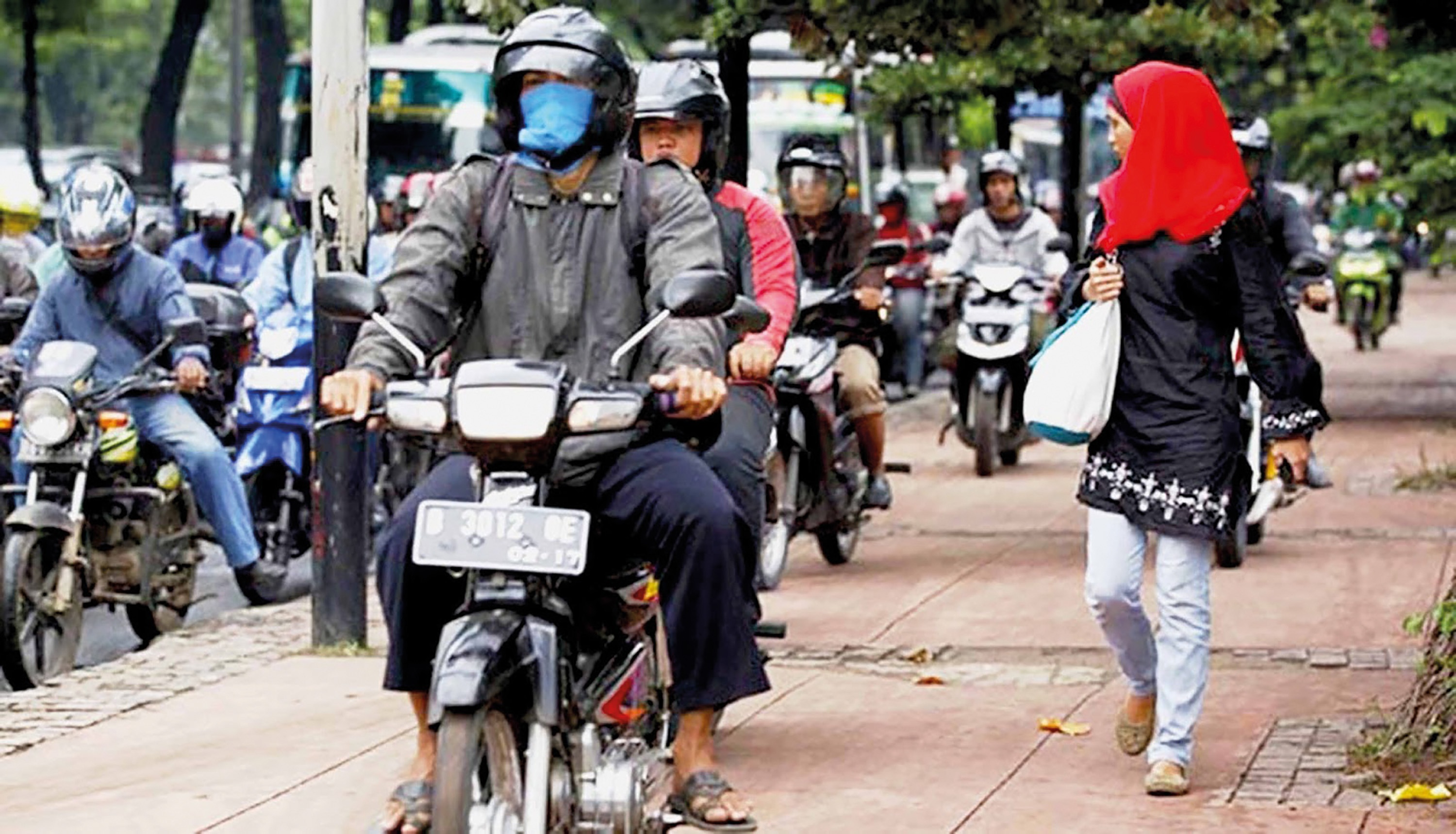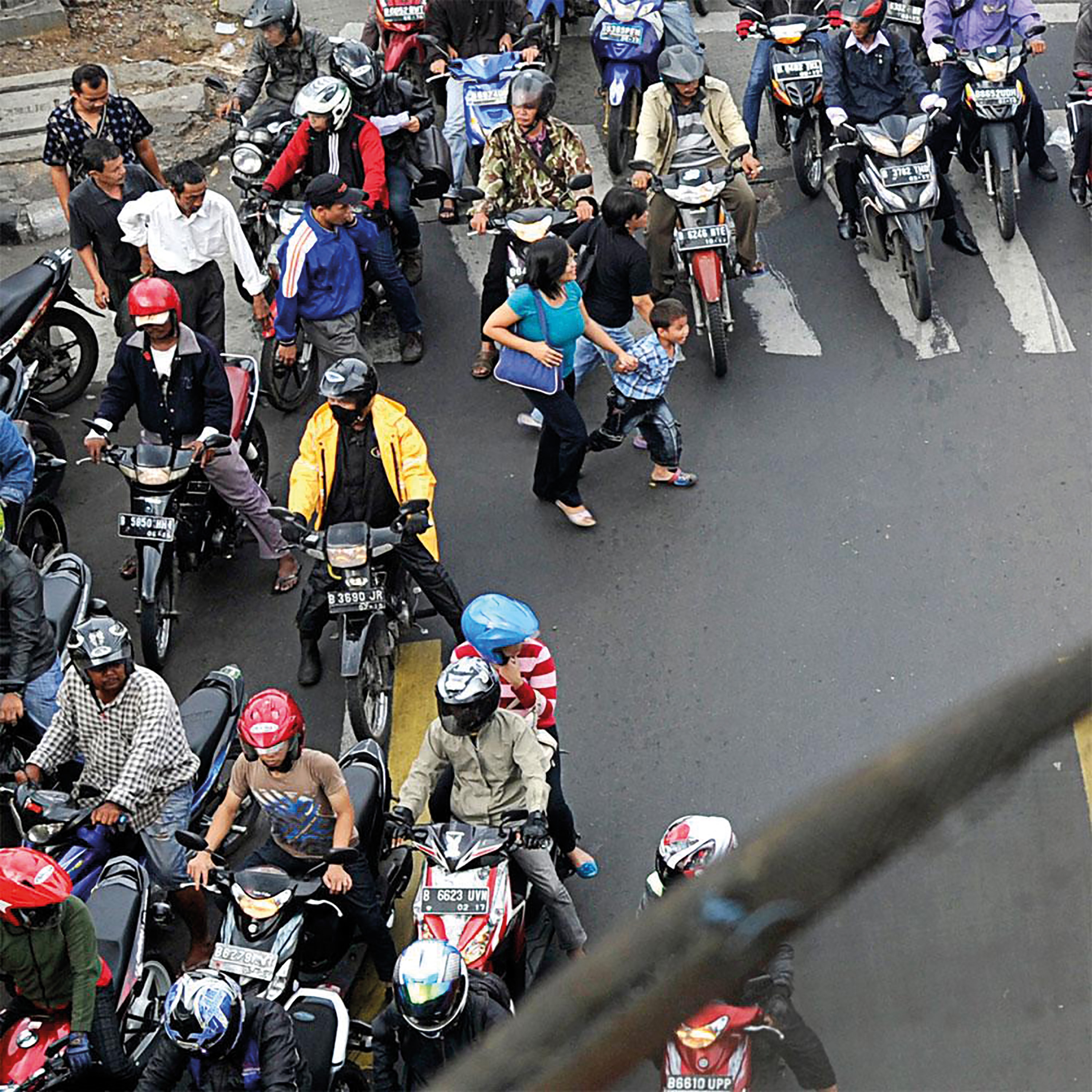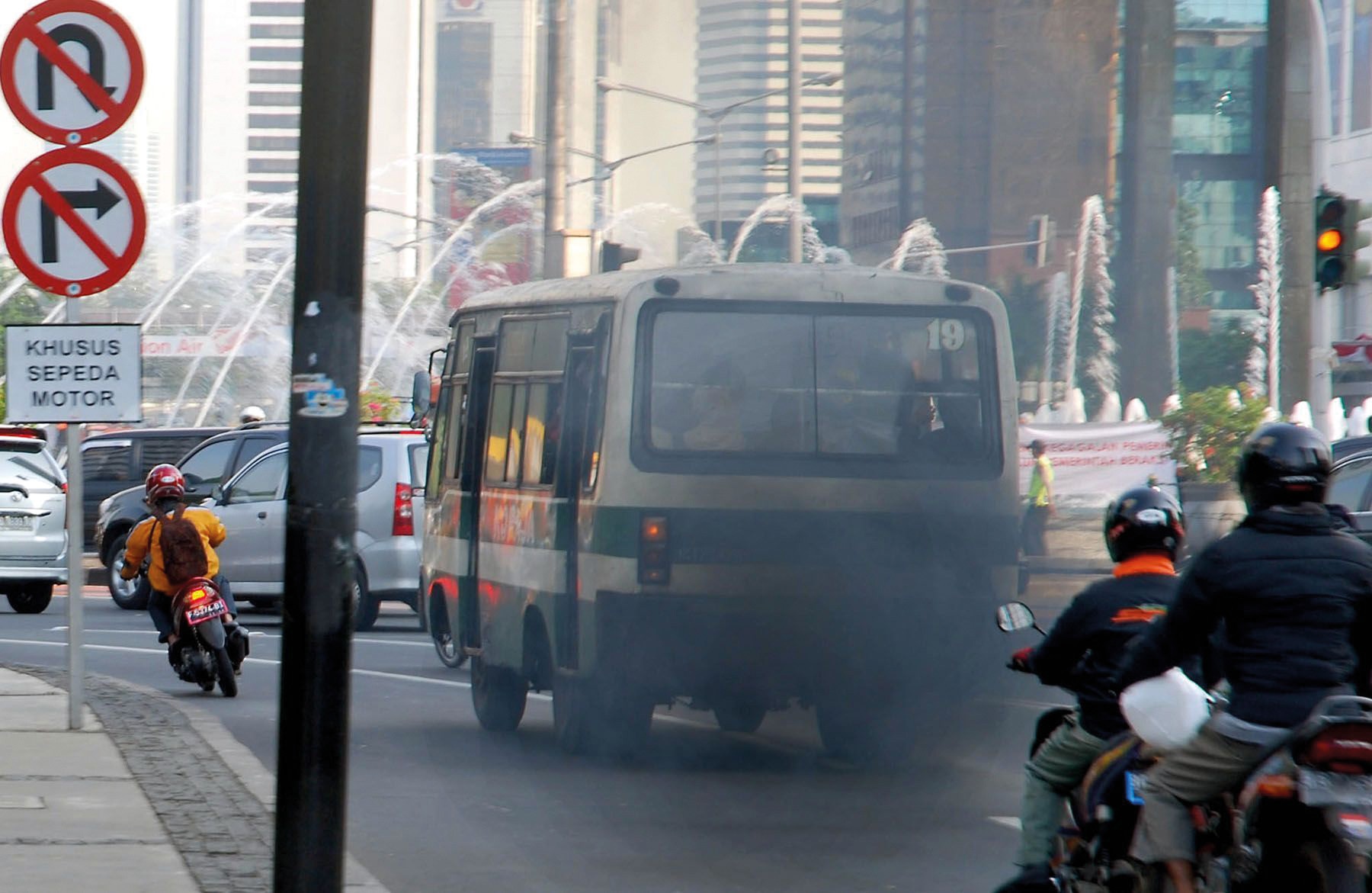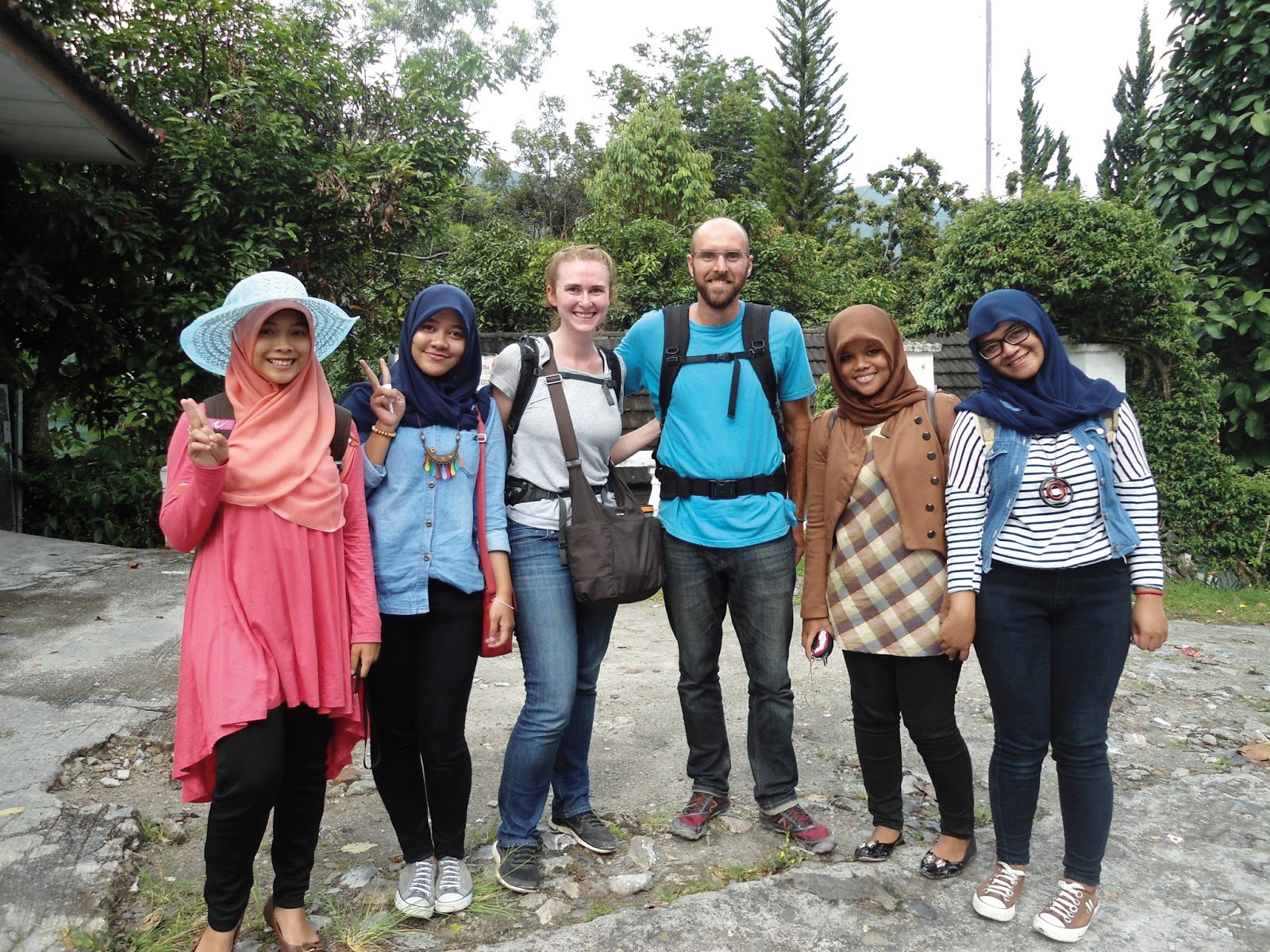Do you agree with our list? Are these legitimate complaints or just first-world whining?
- Corruption & Inefficiency
Obtaining a seemingly simple permit can become a nightmare if you don’t employ an agent to grease the wheels. I have sat in a government office, at the end of my tether, pleading with an official to process a form. His solution? He clapped his hands for an agent to appear. The agent took me aside and requested a significant bribe to solve the problem. A friend of mine lost his job with a multinational company in Indonesia because he tried to stop the payment of bribes to crooked authorities. A colleague kept failing his driving license test until he agreed to use the services of an agent. On a larger scale, if your business wants to win tenders or sales contracts, you might lose out to rivals willing to pay backhanders. Customs administration is another problem, with inconsistent fees being imposed on imports.
Solution: Choose your battles carefully. Never lose your cool. Always have every piece of paperwork you could possibly be asked for. If that means producing two signed photocopies of the Family Card of your company’s finance director, then so be it. And when the obstacles seem insurmountable, either have some influential friends or change your tactics.
- Blocked Footpaths
Sidewalks are for pedestrians. That’s the law. It’s illegal for pedestrians to walk on roads. The unfortunate reality is that pedestrians in Jakarta and other Indonesian cities and towns are often forced onto the roads because pavements are blocked by illegally parked cars and motorcycles, as well as vendors and mobile restaurants. Also, motorcyclists frequently ride on footpaths. At least 21 percent of the approximately 31,000 people killed annually in traffic accidents in Indonesia are pedestrians. It seems that expensive cars are more important than the lives of mere pedestrians.
Solution: Stomping angrily over the bonnets (hoods) of illegally parked cars is not recommended. Neither is kicking over illegally parked motorbikes, even if you’re wearing steel-capped boots. Instead, you could gently point out to errant motorists they are breaking the law, and let them know that about 6,300 pedestrians, including children, are killed annually in Indonesia. Politely ask if they want more children to die because of their selfishness. Or try filming infringements, then report them to police or neighbourhood and see how they respond.
- Queue-jumping
You’re waiting patiently in line at a minimart to purchase a non-alcoholic beverage and a pathetic loaf of bread, when a man enters, strides to the front of the line and brusquely demands a packet of cigarettes and mobile phone credit. If you’re lucky, the cashier will say, “Pak, silahkan antri disebelah sana [Sir, please queue over there].” But more often than not, the queue-jumper gets served first. Also, sometimes a shopper approaches the checkout, plonks down a few items in front of you and the cashier, and then walks away to look for more items.
Solutions: Politely inform the queue-jumper and the cashier, “Ada sistem antrian [There’s a queuing system].” If someone dumps a few products on the counter in front of you, then insist on purchasing those products yourself. Feign stupidity or absent-mindedness if challenged.
- Disrespected Zebra Crossings
Using a zebra crossing in Indonesia is fraught with danger because many motorists tend not to bother slowing down, let alone stopping for pedestrians. Such crossings are usually only safe when there are guards present to stop the traffic. Even on Jakarta’s main thoroughfare Jalan Sudirman, where traffic lights and zebra crossings were recently installed alongside busway shelters, some motorists still run red lights, heedless of pedestrians.
Solution: None. Don’t risk dying over this one. Kicking or thumping an illegally passing car is also not recommended, as it can prompt a pea-brained car owner to emerge furiously from the backseat. You could try filming violations and uploading them to YouTube or showing them to police, but would anyone care?
- Pollution & Noise
You could be forgiven for thinking that littering is mandatory, given the vast swathes of rubbish across Indonesia. Travelling to a remote village or island, only to be confronted by a sea of instant noodle wrappers and shampoo sachets, is not a pleasure. Then there’s the ritual burning of trash, although this practice has been banned in some urban areas. Noise pollution is another problem. Morons driving cars or motorbikes with illegally modified exhausts think such antisocial behaviour is cool. Loudspeakers and building sites can also contribute to hearing impairment.
Solutions: The worst thing you can do is assimilate with the locals by thinking, “there’s no bin and everyone else litters, so I’ll just throw my rubbish here too.” Try to set an example by picking up trash. Stop buying plastic-wrapped, single-serve items, such as premixed coffee sachets, bottled water and mini-size snack foods. Try consuming fruit and carrying your own water in a refillable bottle. Support efforts such as Clean Up Jakarta Day. If your neighbour has just purchased an excessively noisy motorbike and enjoys revving it on weekends, politely ask him to modify the exhaust. And should you feel deafened by the volume of loudspeakers from houses of worship, don’t ever be confrontational. A friendly, respectful, diplomatic chat with a local religious leader might result in speakers being turned down, whereas aggressive action could result in blasphemy charges and even jail.
- Wine Prices & No Beer at Minimarts
Wine prices in Indonesia are horrendously expensive. Duty on imported wine is 90 percent of market price, plus 10 percent value-added tax. There’s also an annual quota on wine imports (about 500,000 cases, each of nine litres). Duty on imported spirits is even higher at 150 percent. This means that most of the wine and spirits sold in Indonesia enter through a tightly controlled black market, and some enters through diplomatic channels. Adding to the woes of expatriate inebriates, sales of beer in minimarts across the country (except in Hindu-majority Bali) were banned in 2015. Also, beer has been banned from sale at supermarkets in some provinces, such as West Java.
Solutions: Give up wine and rediscover how to socialise without alcohol. Alternatively, several bars and restaurants offer “free-flow” sessions of wine for three to four hours, with prices ranging from Rp280,000 to Rp380,000. Don’t risk drinking local spirits unless you want to shorten your lifespan. If you live in a beer-free zone, you should still be able to find a wholesaler, offering beer by the crate at a rate much cheaper than most bars.
- Fatalism & Superstition
 Someone dies in a motorbike accident because they weren’t wearing a helmet, but their death was fate. A plane crashes because of poor maintenance or smoke haze from illegally lit forest fires, but this was just inevitable fate. It can be maddening to hear that illness or failure in business is caused by malevolent spirits or that a building is haunted. Some foreigners feel there is a lack of critical thinking in Indonesian schools, which instead encourage rote learning.
Someone dies in a motorbike accident because they weren’t wearing a helmet, but their death was fate. A plane crashes because of poor maintenance or smoke haze from illegally lit forest fires, but this was just inevitable fate. It can be maddening to hear that illness or failure in business is caused by malevolent spirits or that a building is haunted. Some foreigners feel there is a lack of critical thinking in Indonesian schools, which instead encourage rote learning.
Solution: If asked your opinion on matters of life and death, always be prepared to offer a polite scientific explanation; and ensure you encourage any staff to heed health and safety standards, rather than trusting fate.
- Environmental Destruction
“You European and Australian neo-colonials have already destroyed your own forests, so how dare you tell us to stop destroying ours! Besides, everyone knows that palm oil is lifting millions of Indonesians out of poverty!” So goes the refrain of the palm oil lobby, which would like you to think the industry is controlled by small-holders, whereas it is actually dominated by conglomerates. Conservation groups say some of these companies were proven to have paid bribes for land, used police and military to force traditional forest-dwellers off their land, and failed to pay fines for starting devastating forest fires. Biodiversity is going up in smoke, farmland for future generations is being sacrificed for palm oil profits, endangered animals are being pushed toward extinction – but is it really a foreigner’s business to tell Indonesia how to manage its land?
Solution: Rather than engaging in aggressive criticism or wading into matters that aren’t your business, the best you can do is to support any worthy local environment organisations and ensure your own household or company supports ethical environmental decisions.
- Hello Miss/Mister & Bule/ Beli Apa?
A perennial complaint. A cheery shout of “hello mister” or “hello miss” – often carelessly flung about as gender-neutral terms – is nothing more than a friendly greeting. Yes, it can be tiresome to hear “hello mister” a dozen times a day from complete strangers, but don’t take offense where it’s not intended. Often, it’s just children who are happy to see and interact with a foreigner. It doesn’t hurt to respond with a smile or a nod. As for being called a “bule” (literally albino, but more along the lines of “whitey”), some foreigners feel it’s an offensive, racist slur. You’re in the supermarket and you overhear a woman telling her friend, “Lihat, ada bule [Look, there’s a whitey].” This isn’t aggressive racism – just someone surprised to see a white face. Some Westerners embrace the term and refer to themselves as bule. Then there’s the phenomena of walking past someone with a shopping bag and being asked “Hello mister, beli apa [what have you bought]?” Your natural reaction might be, “None of your damn business.” But you’re missing the point. It’s considered impolite not to acknowledge someone walking past and make small talk. Some long-term foreign residents also abhor the term “expat”, feeling it has colonial connotations.
Solutions: If being called “mister” or “miss” bugs you, then smile and let the person know your name. Consider chatting with them about some non-sensitive topic, such as the price of beef. You can also politely let people know you the term bule is considered impolite.
- Intolerance
In recent years, a few Indonesian politicians have become adept at blaming the nation’s problems on minorities: gays, religious minorities, ethnic Chinese and foreigners. Communists, despite being annihilated from Indonesia in the 1960s, are also cited as a lurking threat. Playing the religion, race and homophobia cards is symptomatic of demagogic conservatism.
Solution: Indonesians are among the friendliest people on the planet, so individual relationships can usually thrive, no matter which direction the political climate blows. If you’re personally facing intolerance, stay calm and walk away from any trouble. Don’t add to the climate of discrimination. Friendly diplomacy generally prevails over disrespectful bluntness.
Dishonourable mentions: Hospitals and healthcare, lack of lift etiquette, traffic, holes in pavements, floods. What else have we missed?




